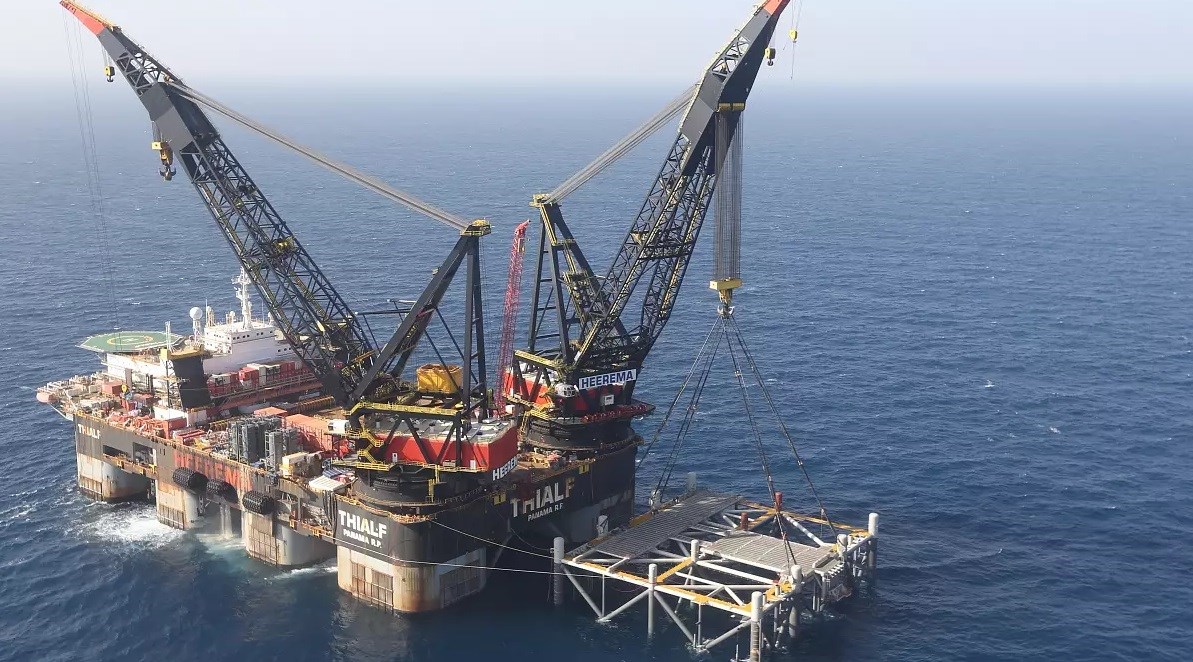Axios: US pressured Lebanon to criticize Hezbollah for drones
Axios said that the Americans raised concerns about the Karish drone incident and asked the Lebanese government to speak against it.
-

Axios: US pressured Lebanon to criticize Hezbollah for drones
US-based Axios website said President Joe Biden's administration pressured the Lebanese government to criticize Hezbollah's sending of unmanned aerial vehicles (UAV) to the Karish field natural gas platform in the Mediterranean sea.
Citing sources briefed on the issue, the website indicated that "U.S. energy envoy Amos Hochstein and U.S. ambassador to Lebanon Dorothy Shea spoke to senior political and military leaders in Lebanon over the weekend," adding that both of them "raised concerns about the drones incident and asked the Lebanese government to publicly speak against it."
Lebanese Resistance movement Hezbollah had released a statement on the three UAVs sent on a recon mission over the Karish gas field, before being shot down by Israeli occupation forces.
Israeli occupation forces had announced that they shot down the three UAVs off the Mediterranean coast. One of the UAVs was downed by an F16 fighter jet, and the other two by Barak missiles launched from the Saar 5 Class Corvette, according to a statement by the IOF.
Hezbollah Secretary-General Sayyed Hassan Nasrallah had recently threatened the Israeli occupation over its attempts to forcibly extract gas from the contested region, saying the resistance is prepared to prevent them from infringing on Lebanese sovereignty.
Israeli media: IOF air force faced difficulty downing Hezbollah drones
A preliminary Israeli occupation forces investigation had revealed that the IOF air force pilots faced difficulty in downing one of Hezbollah's unmanned drones that were launched towards the Karish platform on Saturday, Israeli news website Walla reported.
The IOF investigation report also revealed that the Israeli pilots failed to track the second Hezbollah drone that was launched at the Karish platform before the drone was downed using a Barak missile from the Saar 5 Class Corvette.
The preliminary investigation indicated that the IOF missile launched missed the target, while Israeli pilots also faced difficulties in identifying the third drone because it was flying at a low altitude.

 2 Min Read
2 Min Read








